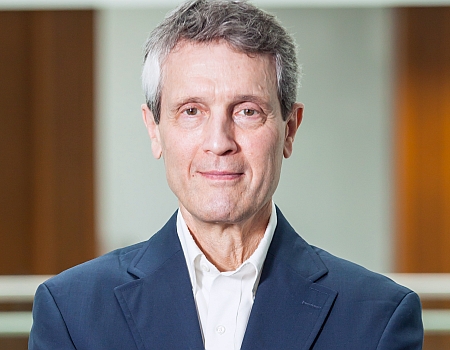

Prof. Roger HOWE
Yale University
Curtis D. Robert Endowed Chair in Mathematics Education, Texas A&M University
Prof. Roger HOWE
Yale University
Curtis D. Robert Endowed Chair in Mathematics Education, Texas A&M University
Research Areas:
Representation Theory, Automorphic Forms, Harmonic Analysis, Invariant Theory
Prof. Roger Howe received his PhD from the University of California, Berkeley in 1969, and has been a faculty member of Yale University since 1974. He had been the William R. Kenan Jr. Professor of Mathematics since 2002, before he eventually retired in 2015. He then joined the Texas A&M University and is currently the Curtis D. Robert Endowed Chair in Mathematics Education.
Prof. Howe is best known for his breakthroughs in representation theory, which allows mathematicians to translate problems from abstract algebra into linear algebra, thus making the problems easier to manage. He first introduced the concept of the reductive dual pair—often referred to as a “Howe pair”—in a preprint during the 1970s, followed by a formal paper in 1989.
Prof. Howe was elected a Fellow of the American Academy of Arts and Sciences in 1993, a Member of the US National Academy of Sciences in 1994 and a Fellow of the American Mathematical Society in 2013. He was also awarded the American Mathematical Society Award for Distinguished Public Service in 2006 and the Award for Interdisciplinary Excellence in Mathematics Education from the Texas A&M University in 2015 in recognition of his contributions to mathematics and to mathematics education.


